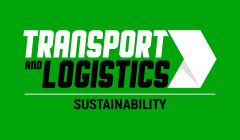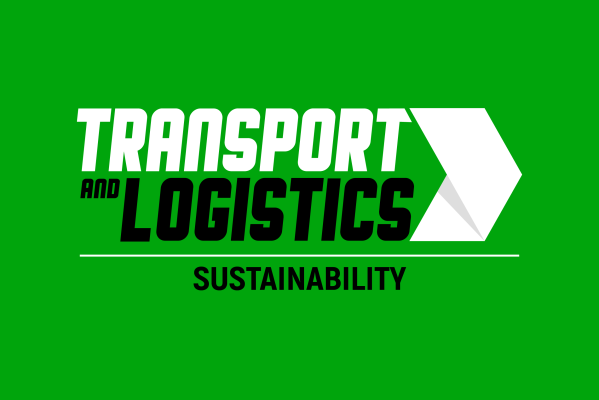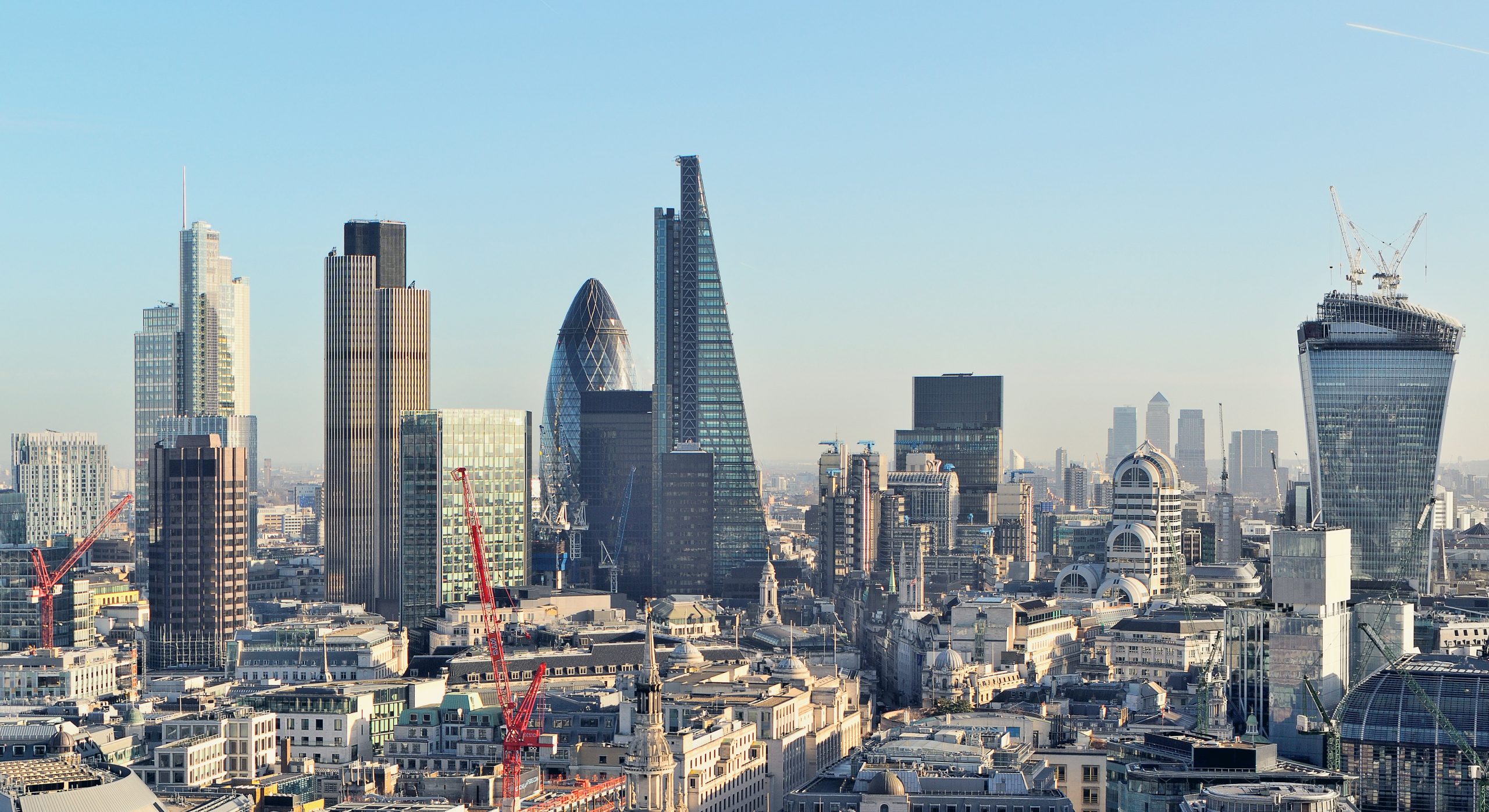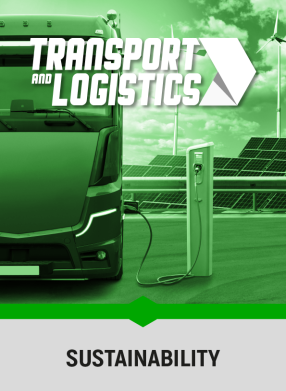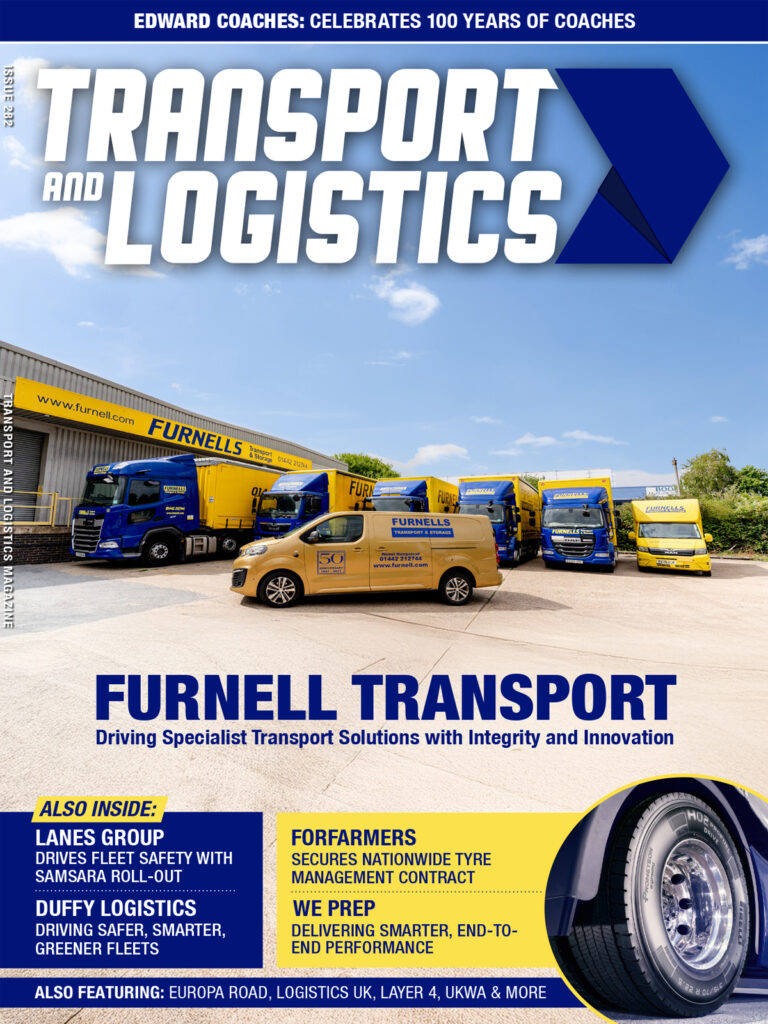In order to improve air quality, encourage the use of newer and more eco-friendly vehicles in more urban and built up areas, cities across the UK will be looking to increase charges on older HGVs and Vans. These high charges are expected to be implemented between the start of 2019 and the end of 2020. These high charges could significantly impact businesses and preparation is needed to make sure that these charges do not negatively impact businesses.
As well as the planned hike in charges, London is also expected to ban HGVs from operating in the capital not having a sufficient level of direct vision. It is thought that without planning by companies, business could be significantly impacted by such restrictive measures. The Freight Transport Association, or FTA will cover this topic at their Transport Manager Conferences. The event is sponsored by Iveco, the popular HGV and truck manufacturer. The FTA will be briefing those in the industry on this topic in the autumn and the Transport Manager Conferences will equip attendees with the latest information in regards to these charges, including what charges will be implemented and where, the vehicles that will be affected by the charges and predicted bans, and how companies can prepare for the changes before they are implemented.
The Government has released a list of 32 local authorities throughout England that are required to take further action in order to manage air quality. However, implementing changes could introduce complications, with the creation of a charging zone that will impact commercial vehicles. The autumn brief held by the FTA will look into the where and when the charges are expected to be implemented as well as the sharing of the FTA’s knowledge on the charges and possible impacts and solutions.
The FTA have advised that retrofitting fleets may not be an option over the course of the next few years when the charges come into place and therefore forward planning is crucial for the procurement of future fleets.
